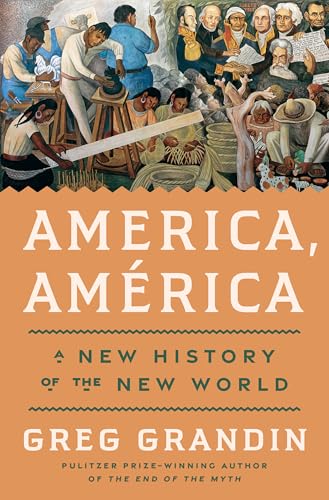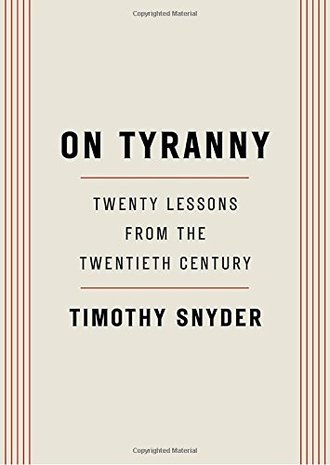Review of AMERICA, AMÉRICA
by Johny McFliggen, PhD Literature & Business, Oxford
Greg Grandin's "AMERICA, AMÉRICA" is a masterclass in historical discourse, a veritable tapestry woven with the threads of North and South American identities. Grandin, a virtuoso of historical narrative, dissects the intricate and often sordid relationship between the United States and Latin America with the precision of a surgeon and the flair of a storyteller. His re-evaluation of these identities is not merely academic; it is a bold confrontation with the ghosts of imperialism that continue to haunt the corridors of power in Washington and beyond.
Grandin’s narrative is akin to the audacious storytelling seen in Gabriel García Márquez's magical realism, albeit grounded in the harsh realities of political machinations and economic stratagems. The parallels he draws between historical events and the enduring cultural exchanges that have shaped these regions are reminiscent of Eduardo Galeano’s "Open Veins of Latin America," yet Grandin’s approach is uniquely his own—drenched in scholarly rigor and searing insight.
In "AMERICA, AMÉRICA," Grandin unfurls an epic tale where U.S. foreign policy is the perennial antagonist, with interventionist tendencies that would make even the most hawkish of Cold War strategists blush. His portrayal of this policy as a juggernaut driven by economic avarice and ideological hubris is both provocative and enlightening. It’s a narrative that echoes Naomi Klein’s "The Shock Doctrine," but with a historical depth that only Grandin can provide.
The book’s strength lies in its ability to highlight not just the political and economic dynamics, but also the cultural symbiosis that has resulted from these interactions. One cannot help but draw comparisons to the cultural critiques in works like "The Motorcycle Diaries" by Ernesto Che Guevara, where the personal becomes political, and vice versa. Grandin’s examination of how these interactions have seeped into the marrow of American culture and politics is nothing short of revelatory.
However, it's not all roses and revolution. Grandin's critical lens may not sit well with audiences steeped in the mythology of American exceptionalism. His unflinching critique of U.S. policies will likely ruffle feathers among those who prefer their history served with a side of nationalist fervor. Yet, this very critical stance is what makes "AMERICA, AMÉRICA" an essential read—it challenges us to confront uncomfortable truths and reconsider our place in the global narrative.
In a literary landscape often cluttered with reductive generalizations and simplistic dichotomies, Grandin offers us a work that is as intellectually rigorous as it is accessible. His ability to synthesize complex historical phenomena into an engaging narrative is unparalleled, making this book a must-read for anyone seeking a deeper understanding of the Americas' intertwined destinies.
In sum, "AMERICA, AMÉRICA" stands as a testament to Greg Grandin's prowess as a historian and storyteller. It is a work that demands not just to be read, but to be engaged with, questioned, and debated—a clarion call for a reevaluation of history that refuses to be ignored.
Purchase Link: AMERICA, AMÉRICA on Amazon



